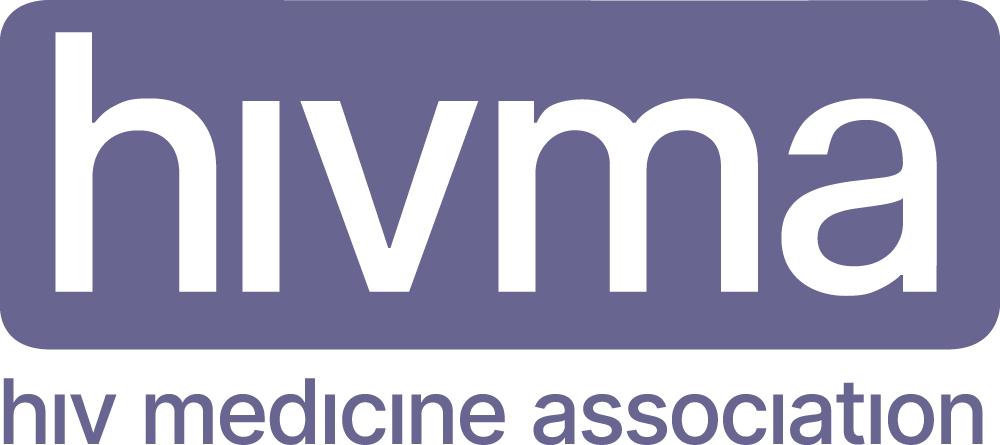Resources for immigrants




This brief compiles resources for IDSA and HIVMA members who care for individuals and their families who may be at risk of detention by U.S. Immigration and Customs Enforcement to help them know their rights and to seek assistance if detained. Individuals in ICE custody have the right to receive necessary medical care. If these rights are violated, detainees or their families can seek recourse through complaints or legal action and with assistance from immigrant advocacy organizations. This document is an informational resource only and does not constitute legal advice. (March 2025)
This resource was developed for care teams and public health officials working with immigrants with or vulnerable to HIV, tuberculosis, COVID-19 and/or mpox. It focuses on services available through public health programs and includes information for health care providers and facilities as well as information that may be helpful for patients. The document is an informational resource only and does not constitute legal advice. (updated March 5, 2024)
